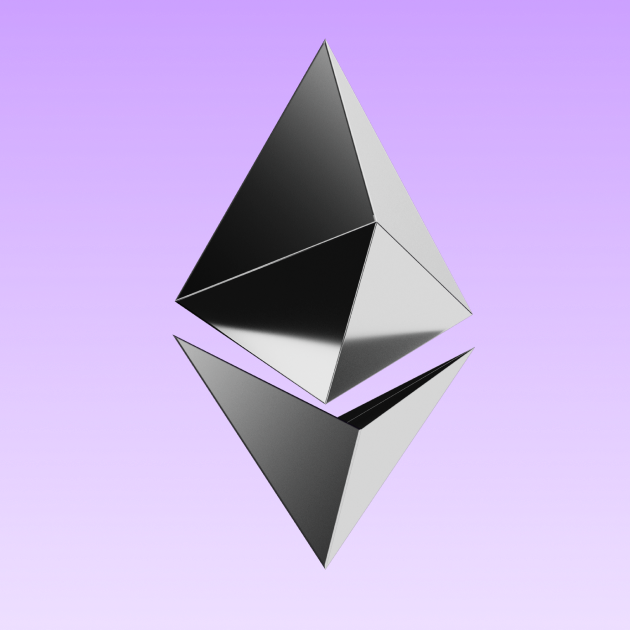Tech Versum: Explore the Future of Technology
Dive into the latest trends and innovations in technology with Tech Versum.
ETH: The Magic Behind Digital Gold
Discover the enchantment of ETH and learn why it's the digital gold transforming the future of finance. Dive into the magic today!
Understanding Ethereum: The Backbone of Digital Gold
Ethereum is often referred to as the backbone of digital gold, serving as a decentralized platform that enables developers to build a myriad of applications using blockchain technology. Unlike Bitcoin, which primarily functions as a digital currency, Ethereum allows for the creation of smart contracts—self-executing contracts with the terms of the agreement directly written into code. This innovative feature transforms the way transactions and agreements are conducted, offering transparency, security, and efficiency. As a result, Ethereum has paved the way for various decentralized finance (DeFi) applications and non-fungible tokens (NFTs), solidifying its position in the digital asset ecosystem.
The term digital gold encapsulates Ethereum's significant role in the cryptocurrency market, akin to the way gold is perceived in traditional finance—as a store of value and an asset to diversify portfolios. With Ethereum's growing influence and adoption, many investors see it as a hedge against inflation, similar to gold. The network's transition to Ethereum 2.0, which focuses on scalability and sustainability through proof-of-stake consensus, further enhances its value proposition. Consequently, as both retail and institutional investors flock to Ethereum, it is becoming increasingly recognized as a robust alternative to traditional assets, ensuring its status as the backbone of digital gold.

Is Ethereum the Future of Money? Exploring Its Role as Digital Gold
Ethereum has rapidly evolved from a mere blockchain platform for decentralized applications to a strong contender in the digital asset market, often referred to as digital gold. With its robust smart contract functionality, Ethereum is not just about transferring value; it offers a versatile ecosystem where developers can create complex financial instruments and decentralized services. This versatility positions Ethereum uniquely, allowing it to potentially serve not only as a medium of exchange but also as a store of value, much like traditional gold. As institutional interest in Ethereum grows, many are questioning whether this cryptocurrency could ultimately anchor the future of money.
Contrasting with Bitcoin's fixed supply and more limited functionality, Ethereum's inflationary nature and adaptability may enhance its appeal as a currency for dynamic markets. By allowing programmable money, it can facilitate a wide array of economic activities—from lending and borrowing to automation of contracts, effectively breeding greater financial inclusivity. Critics argue that while Ethereum may not yet serve as a perfect currency due to scaling issues and volatility, its ongoing developments could pave the way for a more resilient monetary system. As we look to the future of finance, the question remains: can Ethereum truly claim its place as the next digital gold and redefine our perceptions of money?
How Does Ethereum Achieve Value: Insights into the Magic of Blockchain
Ethereum achieves its value through a unique combination of technology, community engagement, and real-world applications. By leveraging the power of blockchain, Ethereum enables the creation of decentralized applications (dApps) that operate on its platform, offering solutions across various industries, including finance, gaming, and supply chain management. This versatility not only attracts developers but also creates a robust ecosystem that fosters continued growth and innovation. The scarcity of Ether (ETH), the native cryptocurrency of the Ethereum network, further enhances its value as it becomes a critical resource for executing smart contracts and transactions.
Another significant factor contributing to Ethereum's value is its strong community support and ongoing development. The Ethereum foundation actively invests in research and improvements, ensuring the network remains secure and efficient. Upcoming upgrades, like Ethereum 2.0, aim to transition to a proof-of-stake (PoS) consensus mechanism, reducing energy consumption and improving scalability. This dynamic environment creates a positive feedback loop: as market interest in Ethereum's potential grows, so does the demand for ETH, thereby driving up its price and reinforcing its status as a leading player in the cryptocurrency space.